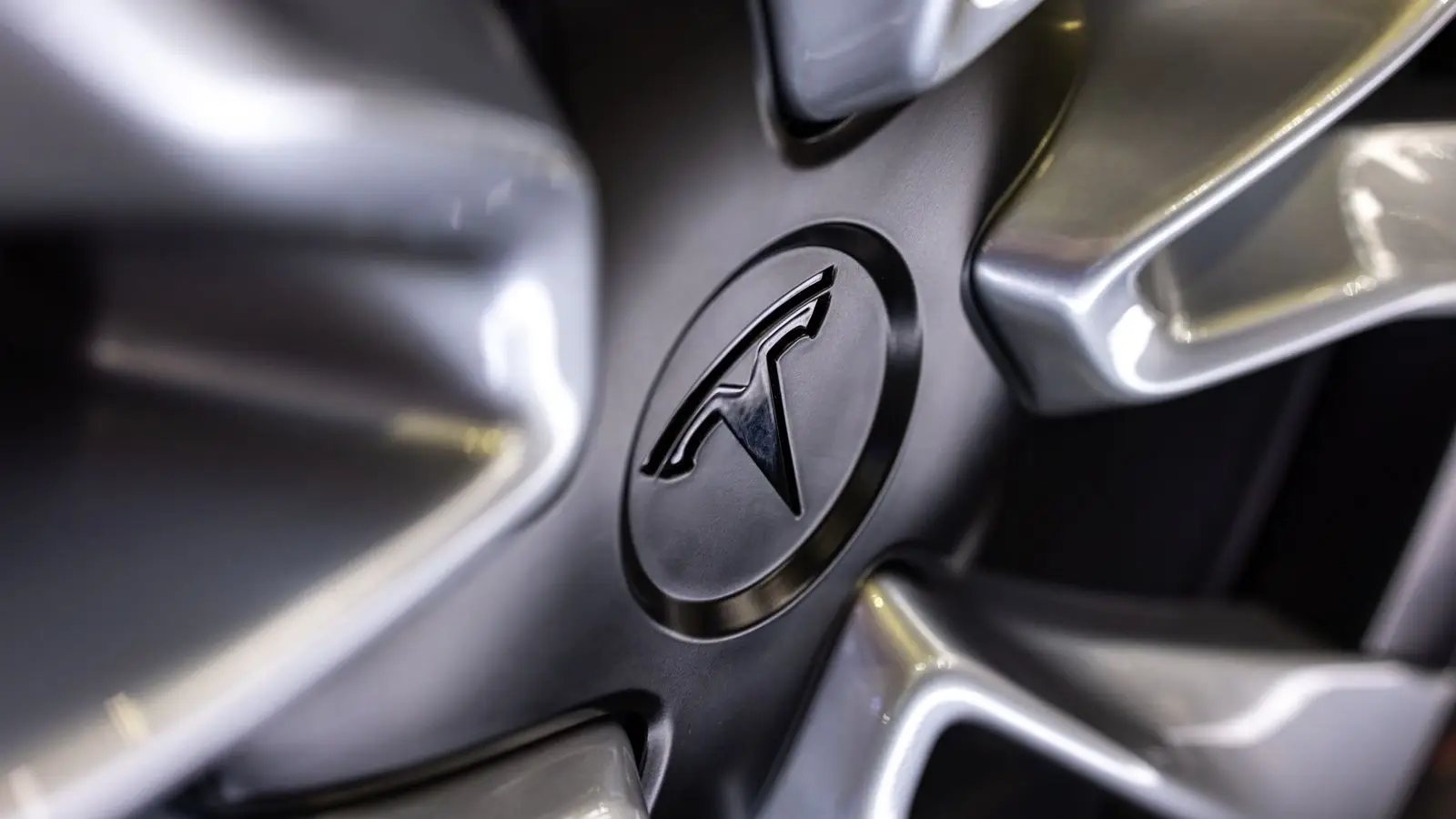News
Tesla’s Price Reductions: Impact on Current Owners and Buyers

Tesla’s latest price cuts on Model Y and Model 3 make them more affordable but leave existing owners facing significant depreciation and financial challenges.
As Tesla reduces the prices of the Model Y and Model 3, existing owners are feeling the sting. Those who bought these electric vehicles in earlier model years shelled out considerably more than what new buyers are paying, particularly following recent Tesla price reductions. This trend could potentially leave some existing owners at a disadvantage when it comes to trading in their vehicle for a newer Tesla model.
The latest iterations of Tesla’s compact electric SUV, the Model Y, are now being offered at their lowest prices since the model’s debut. With the inclusion of the $7,500 federal tax credit, several new rear-wheel-drive (RWD) versions are available starting between $35,000 and $37,000. These prices, which are before taxes and fees, position the Tesla Model Y as highly affordable and within reach for a broader range of consumers.
However, these price adjustments may lead to frustration among current Tesla Model Y owners, as the value of their vehicles plummets. This depreciation could result in some owners finding themselves «underwater» on their auto loans, owing more on their electric SUV than its current value. For example, Forbes highlights a case where an owner bought a Model Y in August 2021 for $54,290, whereas now, the same model is listed at $51,990 before the tax credit, bringing the post-credit price down to $44,490 — almost $10,000 less than what was originally paid.
For those interested in the Tesla Model 3, the most cost-effective approach might be Tesla’s leasing option. The leasing program spreads out the $7,500 tax credit over the lease period, cushioning lessees from the sharp depreciation linked to price reductions.
However, there’s a caveat with the Model 3: only the Performance variant is eligible for the full $7,500 credit upon purchase. This is yet another incentive to consider leasing, particularly for buyers hesitant to pay the premium for the Performance version.
Like other technological innovations, electric vehicles are subject to price fluctuations. Initial prices for new technologies, such as CD players, VCRs, and early smartphones, were high, but eventually dropped, leaving early adopters with pricier models. Early EV buyers are facing a similar situation, with many potentially paying more than the current market value for their vehicles, leading to negative equity in their auto loans. Leasing an EV could be a wise strategy to sidestep these financial pitfalls as the market stabilizes.
Ethan Brown
2024, Apr 09 08:19